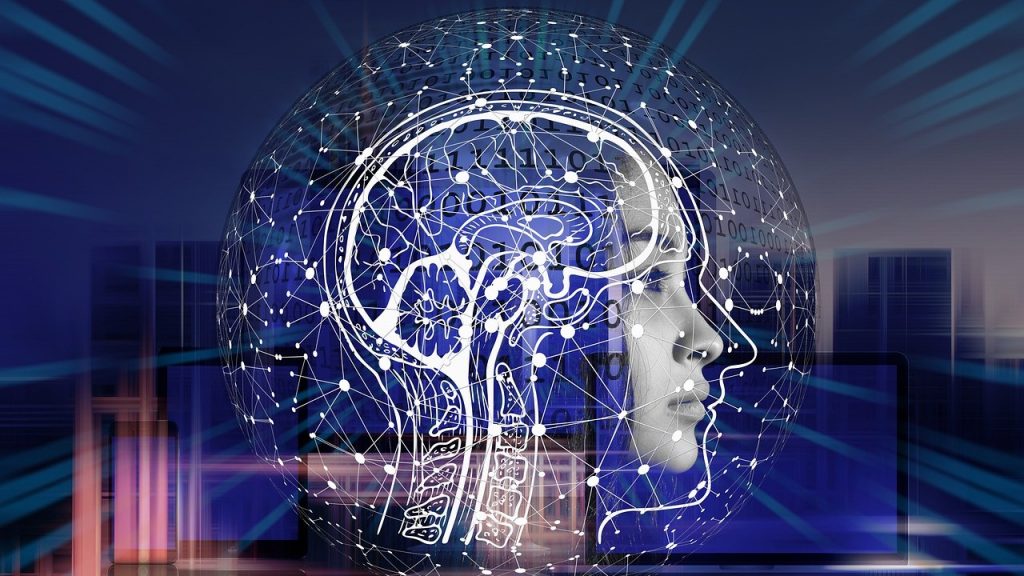Artificial Intelligence Helping Teachers Spot Learning Disabilities
Artificial intelligence is now being used to help teachers better identify potential learning disabilities in students.

There isn’t much artificial intelligence (AI) can’t do nowadays. It can write entire movie scripts, it can diagnose diseases with a simple look into the eye, and now, it can even spot learning disabilities in children. According to a new study, AI is aiding teachers in identifying which of their students may have these conditions, which oftentimes go misdiagnosed, or not noticed at all.
Across the nation, educators often undergo training to help them spot children with learning disabilities in the classroom. But according to reports from Forbes, artificial intelligence can help these teachers make more accurate assessments in regard to learning disabilities. According to the research, this AI-generated feedback offers a better understanding of issues children face in the classroom, and it’s said to be of superior quality to even that of qualified professionals.

Riikka Hofmann, an associate professor at the Faculty of Education doesn’t deny the fact that teachers still play a key role in recognizing the signs of learning disabilities among students. However, her team of researchers believe that along with the AI technology, the analyzed feedback it provides can better identify where the issues lie. “Unfortunately, many of them [teachers] also feel that they have not had sufficient opportunity to practise these skills. AI could provide an extra level of individualised feedback to help them develop these essential competencies,” said Hofmann about teachers’ reluctance to interpret issues.
To research these findings, experts in the field at Cambridge University teamed up with Ludwig-Maximilians-University in Munich, Germany. Teachers in training were asked to evaluate contrived students for potential learning disabilities, based on information about each student’s work, school behavior, transcripts, and conversations with parents. For control, half of them were asked to make evaluations based on normal practices, while the others received AI-generated feedback on the approach, highlighting where they could make improvements on their evaluations.
As a result, the teacher trainees who received input from the artificial intelligence scored significantly higher than those who used pre-written expert solutions for identifying learning disabilities. The researchers concluded that having this type of technology available to educators could help teachers provide further evidence of their concerns. However, they emphasized that this technology would not replace the need for expert evaluations altogether.

“New teachers still need expert guidance on how to recognise learning difficulties in the first place,” said Dr. Michael Sailer from LMU Munich. Instead, experts hope that the AI feedback will help teachers focus on what students are really struggling with. Furthermore, they point to the added need, as oftentimes, personal feedback from experts is not always easily accessible or available when evaluating learning disabilities for many teachers.
The technology is still fairly new, and scientists hope that it will become even more efficient down the line. The team studying artificial intelligence and learning disabilities hopes to soon embark on more extensive studies, with a desire to use the technology more broadly. Frank Fischer, a professor of Education at LMU Munich said that by using AI to support trainees in education, it could have a real impact on new teachers entering the field.
According to data collected by the PEW Research Center, over 7 million students in public schools were diagnosed with learning disabilities during the 2017-2018 school year, and that number has been perpetually growing. New research suggests that oftentimes, these students are misdiagnosed and misunderstood. The hope is that artificial intelligence will alleviate these found issues.



